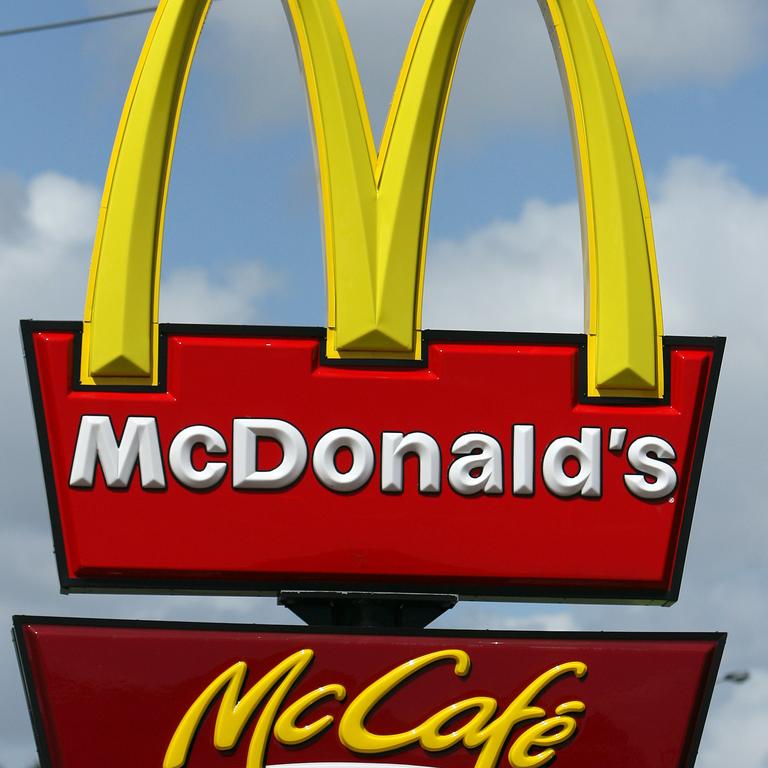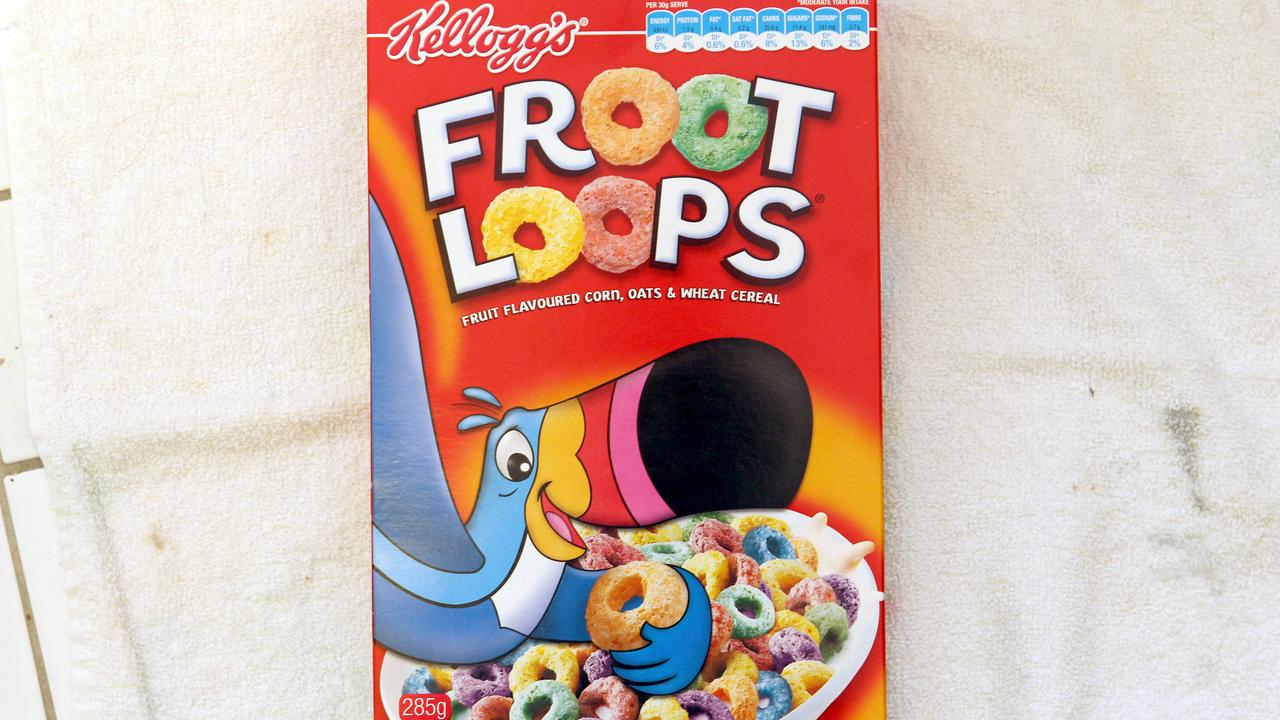Australian food companies to be faced with tough restrictions on how they can advertise to kids
Australian food companies could soon be forced to dramatically restrict their advertising, particularly materials targeted at children.
An ambitious 10-year plan to radically reduce the volume of overweight and obese Australians may spell the end of iconic mascots Ronald McDonald, Toucan Sam, and the six loveable M&M characters.
According to the National Obesity Strategy report, published Friday, Australia’s ballooning weight problem costs the country a whopping $11.8 billion every year.
At least 83 per cent of men and 74 per cent of women were either overweight or obese by the time they reached 45-54 years, the report said, with the biggest weight increase recorded between childhood and early adulthood.
To prevent such significant jumps in the weight of Australians as they aged, the report proposed a variety of measures, including stricter rules on advertising.
Want a streaming service dedicated to news? Flash lets you stream 25+ news channels in 1 place. New to Flash? Try 1 month free. Offer ends 31 October, 2022 >

Part of its plan to reduce overweight and obesity in children and adolescents aged 2-17
by at least per cent by 2030 involved addressing advertising material targeted at children.
The strategy proposed as restriction on promotions of “unhealthy food and drinks when using devices that appeal to children like characters, toys, games, and prizes”.
Future policies could see collectables attached to fast food promotions and games like McDonald’s Monopoly be outlawed or heavily restricted.

Rules could also be introduced pertaining to the advertisement of unhealthy food, with the average child aged five to eight exposed to 827 ads for unhealthy food – equivalent to four hours – every year.
“Without further action we face a future with more weight-related chronic diseases
and early death, greater vulnerability to infectious diseases, and significant costs
to health care, economic development, and community wellbeing,” the report read.
More than $550 million is spent annually by food companies on advertising food and non-alcoholic drinks in Australia, with the majority of promoted products high in fat, sugar and salt, the report said.
Unhealthy food and drink marketing played a major role in influencing the dietary choices people, especially children, made.
“This includes multimedia advertising, sports sponsorship, food packaging, retail
product placement, meal deals and multi-buy offers,” the report said.

Two in every three adults and one in four children are either obese or overweight, making up 14 million Australians.
The strategy also proposed restrictions on unhealthy food and drink advertising in locations where large volumes of people gathered, including sports and major community events,
More Coverage
and television and digital platforms.
It also outlined how evidence had shown eating habits and sedentary behaviour developed during the Covid-19 pandemic had continued to linger in the community, despite lockdowns being over.
The strategy aims to halt ongoing increases of obesity in adults by 2030.





